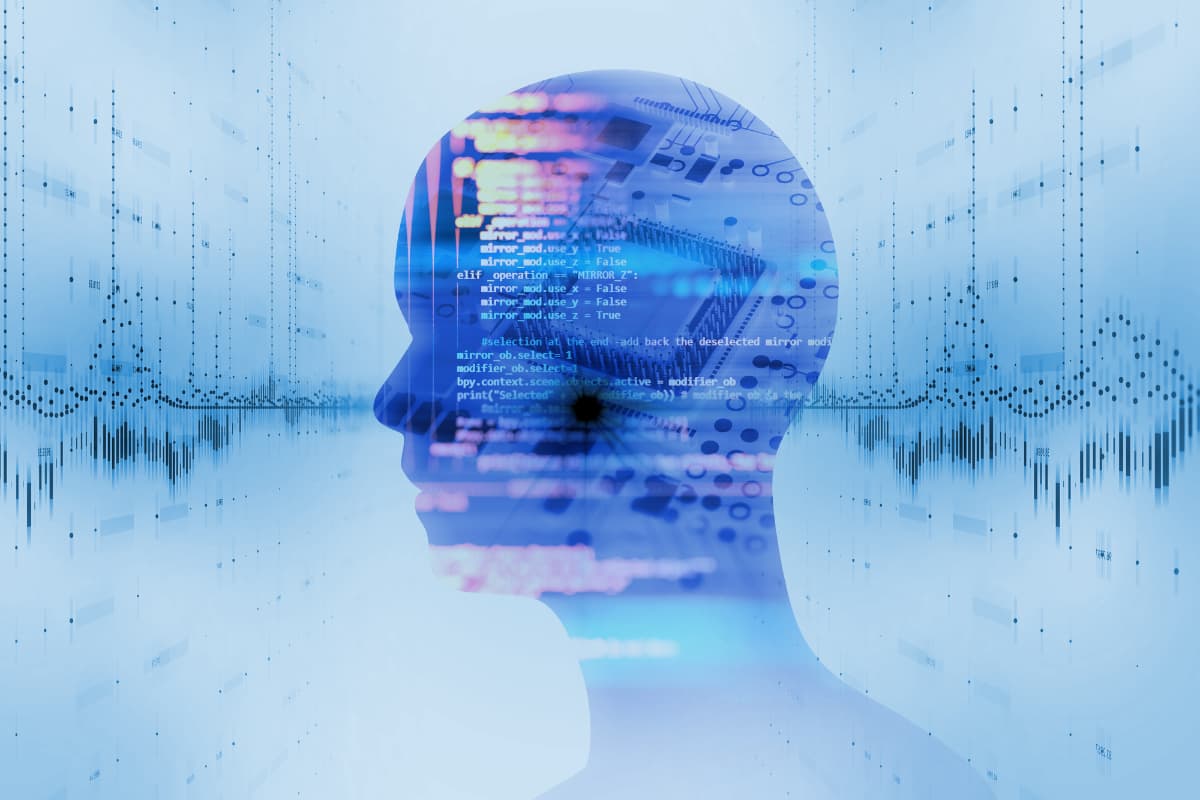When you think about technology and the food industry, scenarios straight out of science fiction movies immediately come to mind. Robots frying hamburgers or flying drones delivering pizza right to your door. Although such futuristic visions are indeed becoming a reality, they are not entirely representative of how artificial intelligence is changing the restaurant world. The truth is that the impact of artificial intelligence on the food industry is much more subtle, but with visible results.
This article is not a deep dive into futurology or a discussion of restaurants using robots to replace human staff. Rather, it is a practical guide to understanding how artificial intelligence is already helping restaurateurs streamline their operations and increase profitability. From staffing issues to rising costs, today’s food industry face more challenges than ever. But artificial intelligence (AI) is helping smart businesses streamline operations, reduce waste, and serve better. Here’s how you can start using AI today - without building a robot chef.
Table of Contents:
1. Why AI is Becoming Essential for Restaurants?
2. 9 Ways AI is Transforming the Food Service Industry
3. The Future is Now: Embracing AI in the Food Service Industry
4. Railwaymen: Your Partner in AI Transformation
Ready to start your AI journey?
Why AI is Becoming Essential for Restaurants?
The food sector is currently undergoing a period of rapid change. From ongoing labor shortages and rising production costs to the growing expectations of modern consumers. Food brands are facing bigger challenges than ever before. In this situation, relying on traditional methods is no longer a viable option. Artificial intelligence has become not just a passing trend, but a strategic necessity for survival and growth. This shift marks a key moment in the fourth industrial revolution.
Consider these key factors:
-
Declining workforce and high costs: Recent studies have shown that over 70% of restaurant owners have difficulty finding and retaining employees. AI-powered solutions can automate routine, time-consuming tasks such as answering phones and managing inventory, allowing your existing team to focus on what they do best: providing exceptional customer service. This not only improves employee morale, but also helps relieve the financial stress of constantly hiring and training new employees.
-
The Power of Data: Every day, your business generates a massive amount of sales data - from customer orders and peak hours to seasonal trends and popular menu items. Machine learning algorithms provide the tools to transform this raw data into actionable insights. By using predictive analytics to analyze historical data, you can make smarter decisions about everything from production planning to marketing strategies, giving you a competitive edge.
-
Meeting Modern Customer Expectations: Today's diners demand more than just great food. They want seamless, personalized experiences. AI systems enable this by powering intuitive online ordering, personalized menu recommendations, and efficient communication via chatbots using natural language processing. By meeting these expectations, you not only attract new customers but also build loyalty among your existing ones.
Embracing AI is no longer a question of "if," but "when." It's about empowering your business to be more efficient, adaptable, and profitable in a landscape that demands continuous innovation.

9 Ways AI is Transforming the Food Service Industry
Artificial intelligence is much more than just a futuristic concept - it is a set of key AI technologies that are already bringing measurable benefits to companies in the food industry. Let's take a look at how these intelligent systems are being used, from the kitchen to the customer's table.
1. Predictive analytics for smarter inventory management
Using machine learning methods to analyze historical data on sales, market demand, and even weather conditions, artificial intelligence algorithms can accurately predict customer demand. This allows restaurants and food manufacturers to optimize inventory management by ensuring they have the right amount of raw materials. This results in a significant reduction in food waste, which is a serious problem throughout the food production and supply chain.
2. Streamlining the supply chain
Artificial intelligence systems are revolutionizing supply chain optimization. By analyzing production data and market trends, AI can create more efficient food delivery routes and schedules. This helps to address challenges throughout the food supply chain, ensuring product freshness and timely delivery while reducing production costs and fuel consumption.
3. Improving food safety and quality control
Artificial intelligence plays a key role in maintaining food quality and food safety protocols. By using computer vision and deep learning models, systems can monitor food handling and preparation in real time. This ensures that food safety standards are met and helps detect irregularities that could lead to food fraud. In food and meat processing plants, artificial intelligence can automatically verify that products meet rigorous quality control processes, providing an additional level of safety and trust.

4. Automated customer service with chatbots
AI-powered chatbots use natural language processing to have natural conversations with customers. This allows them to seamlessly handle reservations, take orders, and answer frequently asked questions. By interpreting natural language, these systems can provide immediate support, leading to greater customer satisfaction and reduced workload for staff. This is particularly effective for fast-food restaurants.
5. Personalized marketing and promotional activities
Based on consumer preferences and consumer data, artificial intelligence can identify trends and create highly targeted marketing campaigns. This helps food companies establish a more personal connection with customers by offering tailored promotions and menu suggestions that may encourage them to make repeat purchases.
6. Optimization of production and maintenance processes
In food production, artificial intelligence is used for predictive maintenance. By analyzing production data, AI can predict when machines are likely to fail, allowing repairs to be carried out before a fault occurs. This prevents costly downtime and ensures smooth production processes, helping to achieve better operational efficiency and reduce waste.

7. Improving food delivery efficiency
Artificial intelligence in the food sector, specifically in delivery, is used to find the most efficient routes, taking into account traffic and delivery density. This results in shorter delivery times and a better experience for the end customer, which has a direct impact on their satisfaction.
8. Increased food safety and traceability
AI technology enables food products to be tracked throughout the supply chain, from farm to table. This provides unprecedented traceability, which is critical for food safety and quickly identifying the source of potential food fraud or contamination.
9. Automated quality control processes
Beyond simple monitoring, artificial intelligence can be used to automatically check food freshness and other quality characteristics. With advanced machine learning and computer vision, these systems can check consistency and quality, improving overall product standards with greater accuracy than is possible using human intelligence alone.
The Future is Now: Embracing AI in the Food Service Industry
The integration of artificial intelligence in the food service sector is no longer a futuristic concept. It's a critical component of modern business strategy. From improving operational efficiency and optimizing the supply chain to enhancing customer satisfaction and reducing food waste, AI technology offers a comprehensive toolkit for success. By embracing these advancements, food companies can not only overcome existing challenges but also position themselves for sustainable growth in an increasingly competitive market. The key is to move past the initial myths of robot-run restaurants and focus on the practical, intelligent systems that are ready to deliver tangible results today.
Railwaymen: Your Partner in AI Transformation
Are you ready to unlock the full potential of AI for your food service business? At Railwaymen, we specialize in creating professional, customized AI-powered solutions that address your specific needs. With over 15 years of experience and a diverse portfolio of projects, we understand the nuances of the food sector and how to leverage key AI technologies to drive real-world value.

%20(1)%20(2)%20(1).jpg)


